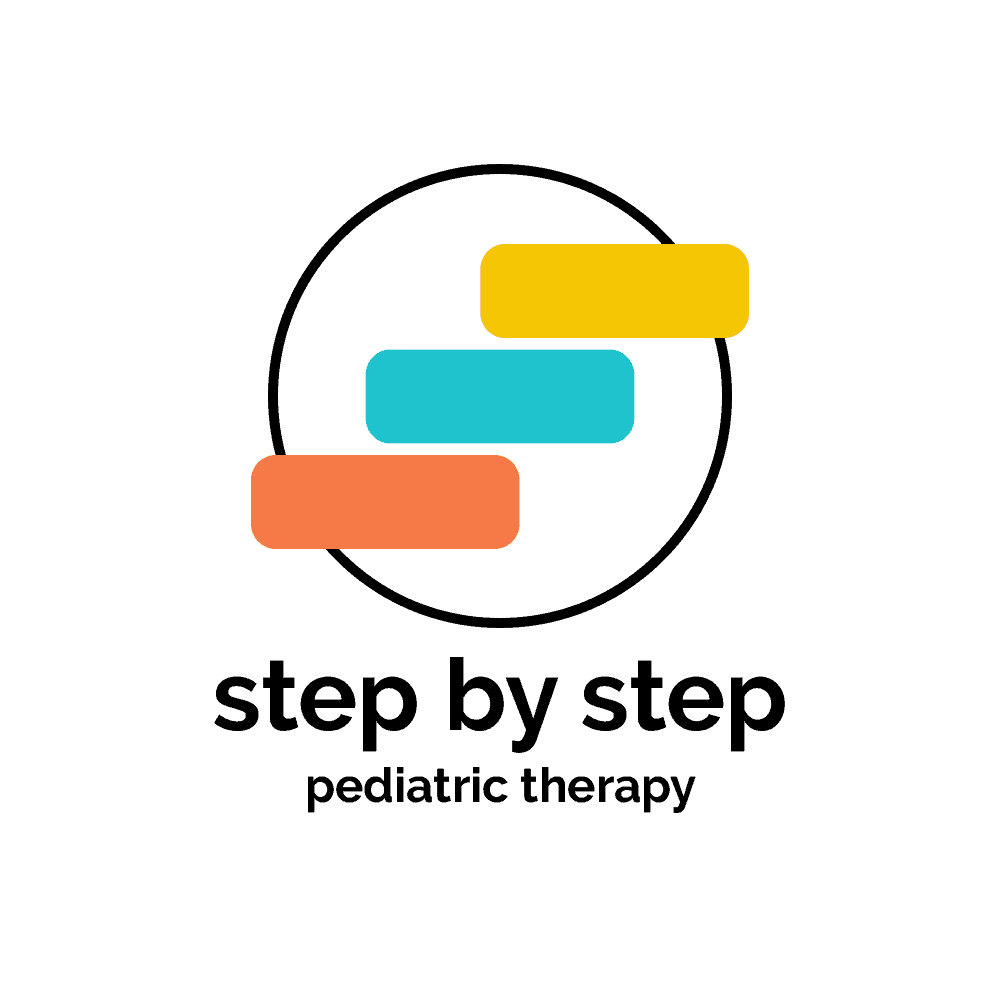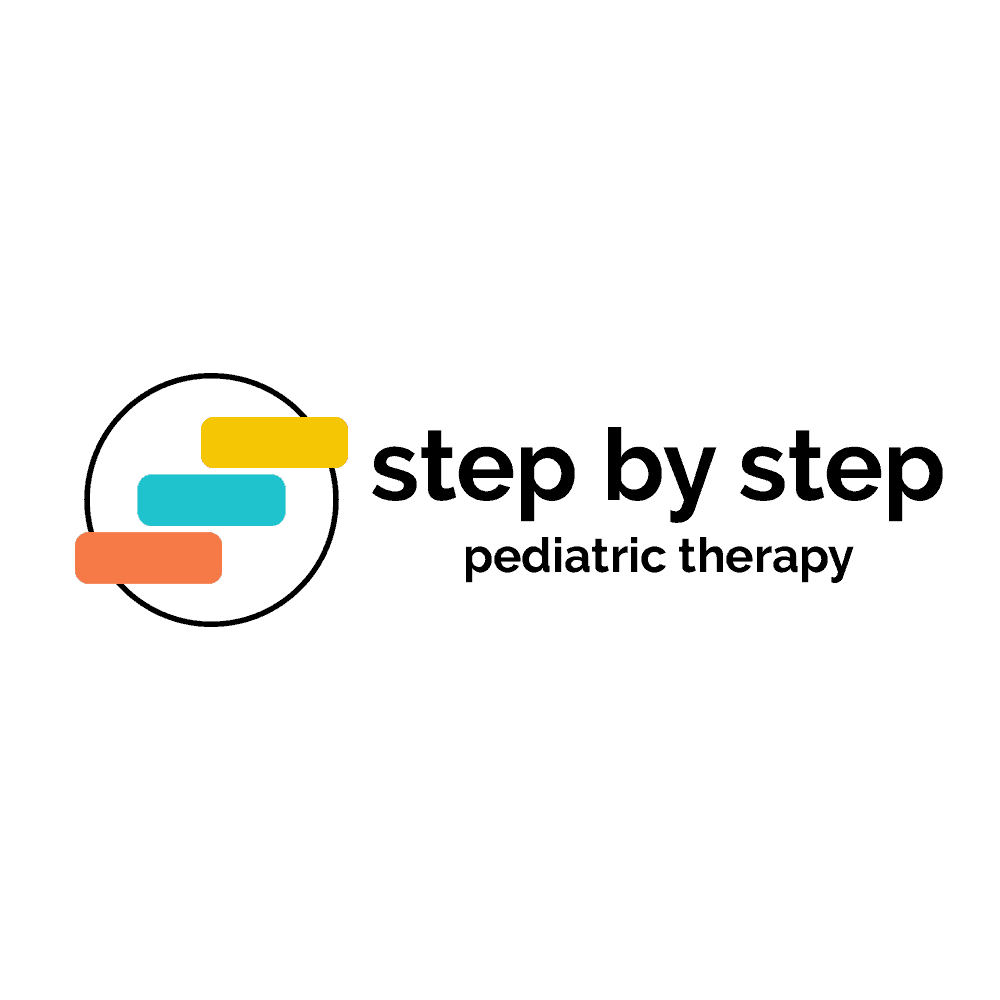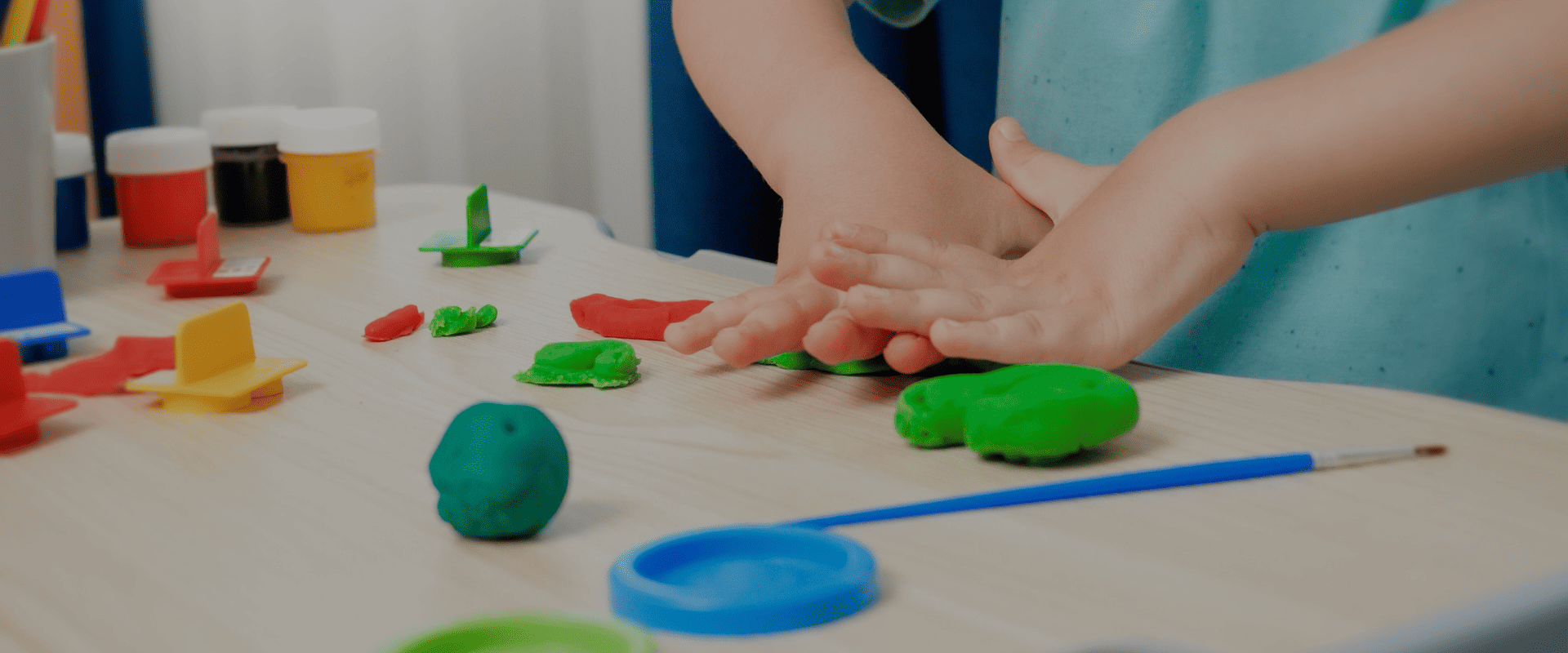
Occupational Therapy
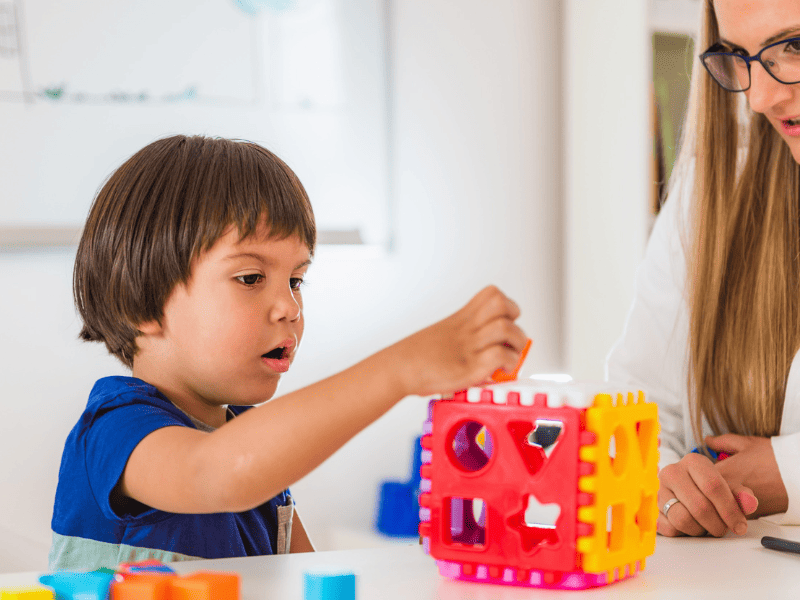
Help your child become
the best version of themself
Pediatric Occupational Therapy
Understanding
Pediatric
Occupational
Therapy
Pediatric Occupational Therapy is a specialized form of therapy designed to assist children in building the fundamental skills required for everyday life. These skills encompass a wide range of activities, including fine and gross motor skills, sensory processing, cognitive abilities, and social interaction.


One of the distinctive features of Pediatric Occupational Therapy is its incorporation of play as a therapeutic tool. Play-based interventions not only engage children but also facilitate learning in a fun and interactive manner. Play activities are carefully designed to promote specific skills, such as manipulating objects, improving attention span, and fostering creativity.
The
Power
of Play
Tailored
to Individual
Needs
Every child is unique, and Pediatric Occupational Therapy recognizes and celebrates this individuality. Therapists work closely with each child and their family to create a personalized plan that addresses the child’s strengths, challenges, and goals. This tailored approach ensures that the therapy is relevant, effective, and meaningful for the child’s development.


Pediatric Occupational Therapy plays a pivotal role in building children’s confidence and fostering independence. As children master new skills and overcome obstacles, they develop a sense of accomplishment and self-assurance. This newfound confidence extends beyond therapy sessions, positively impacting their academic performance, social interactions, and overall quality of life.
Building
Confidence
and
Independence
Collaborative
Efforts
For
Success
The success of Pediatric Occupational Therapy hinges on collaboration among therapists, parents, caregivers, and educators. Open communication and shared goals create a supportive environment where everyone contributes to the child’s progress. Regular updates, home exercises, and consistent guidance ensure that the child receives comprehensive care and support.

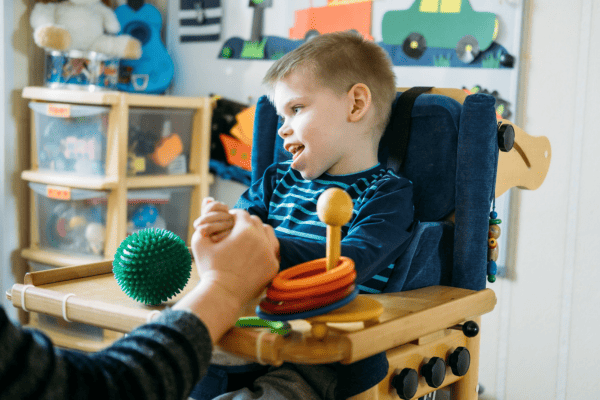
Pediatric Occupational Therapy is the best place for children facing developmental challenges. By nurturing their potential, strengthening their skills, and instilling a sense of confidence, this therapy empowers children to embrace a brighter and more promising future. Through dedication, personalized care, and unwavering support, Pediatric Occupational Therapy paves the way for children to thrive and achieve their dreams.
Embracing
a Brighter
Future
Unlock your child's potential with Step by Step Occupational Therapy! Contact us today for personalized care and support.
Signs your Child might benefit from Occupational Therapy
Fine Motor Skills Delays
Sensory Sensitivities
Poor Concentration and Focus
Sensory
Feeding
Sensory feeding for pediatric patients is a specialized approach aimed at addressing feeding difficulties and sensitivities in children. It focuses on understanding and managing sensory issues related to taste, texture, and sensory processing that may affect a child’s ability to eat and enjoy a balanced diet.
Delayed Developmental Milestones
Challenges with
Self-Care
Poor
Handwriting
Social Interaction
Challenges
Impulsiveness and Hyperactivity
Children who struggle with impulsiveness, hyperactivity, or difficulty sitting still might benefit from Occupational Therapy strategies that improve self-regulation and behavior management.
Coordination and Balance Problems
Frequent falls, clumsiness, or challenges with coordination and balance could indicate underlying motor skill impairments. Occupational Therapy can work on improving these skills and enhancing overall physical abilities.
Emotional Regulation Challenges
Children who have difficulty managing their emotions, expressing themselves, or coping with stress can find valuable support through Occupational Therapy. Therapists can teach strategies for emotional regulation and resilience.

Remember, every child is unique, and their developmental journey is personal. If you notice any of these symptoms or have concerns about your child’s development, consulting a qualified Step by Step Occupational Therapist can provide valuable insights and guidance on the best steps forward. Early intervention through Occupational Therapy can empower your child to overcome challenges and thrive in all aspects of their life.
Common Conditions
Treated
- Developmental Delay
- ADD/ADHD
- Drug Affected/Fetal Alcohol Syndrome
- Cerebral Palsy
- Down Syndrome
- Hand Splint Evaluations
- Autism Spectrum Disorders
- Genetic Disorders
- Cerebral Palsy
- Executive Functioning Difficulties
- Sensory Processing Disorders
- Sensory Feeding Difficulties
- Visual Impairments
Treatments May
Include
- Fine Motor Development
- Social-Emotional Development
- Sensory Feeding
- Behavior and Play Skills
- Balance and Coordination
- Sensory Integration Treatment
- Floortime
- Neurodevelopmental Treatment
- Therapeutic Listening Program
- Strengthening
- Splint Fabrication
- Equipment Recommendations
- Adaptation of Daily Activities
- Parent Education
- Teacher Collaboration
- Vision Therapy
- Vestibular Rehab
